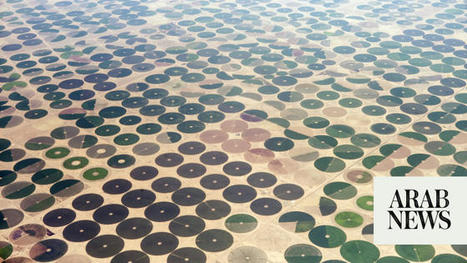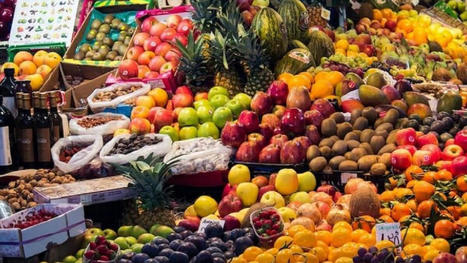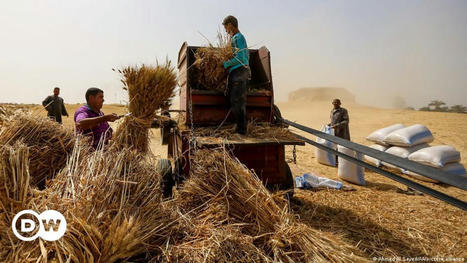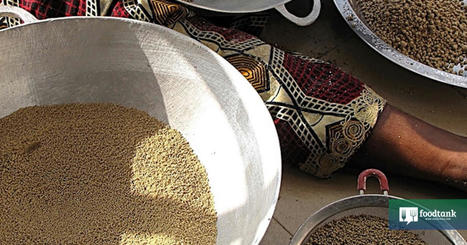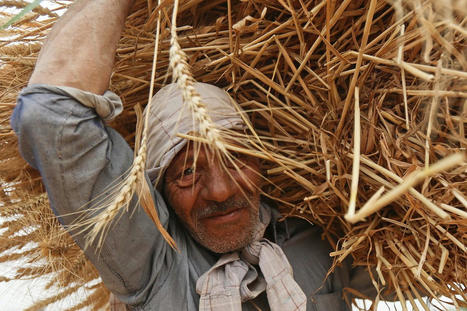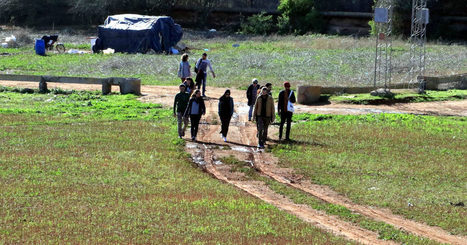JEDDAH: Considering some 90 percent of Saudi Arabia’s territory is largely desert and ill-suited for farming, few might expect the Kingdom to be the site of a new agricultural boom designed to boost domestic crop production and reduce dependence on imported foodstuffs. As large swathes of the Arab world struggle with food insecurity and supply-chain disruptions, the Kingdom’s initiatives, investments and technological innovations are redefining what it means to achieve self-sufficiency in many food items across one of the world’s most arid regions.

|
Rescooped by
CIHEAM News
from CIHEAM Press Review
September 7, 2023 5:32 AM
|



 Your new post is loading...
Your new post is loading...
